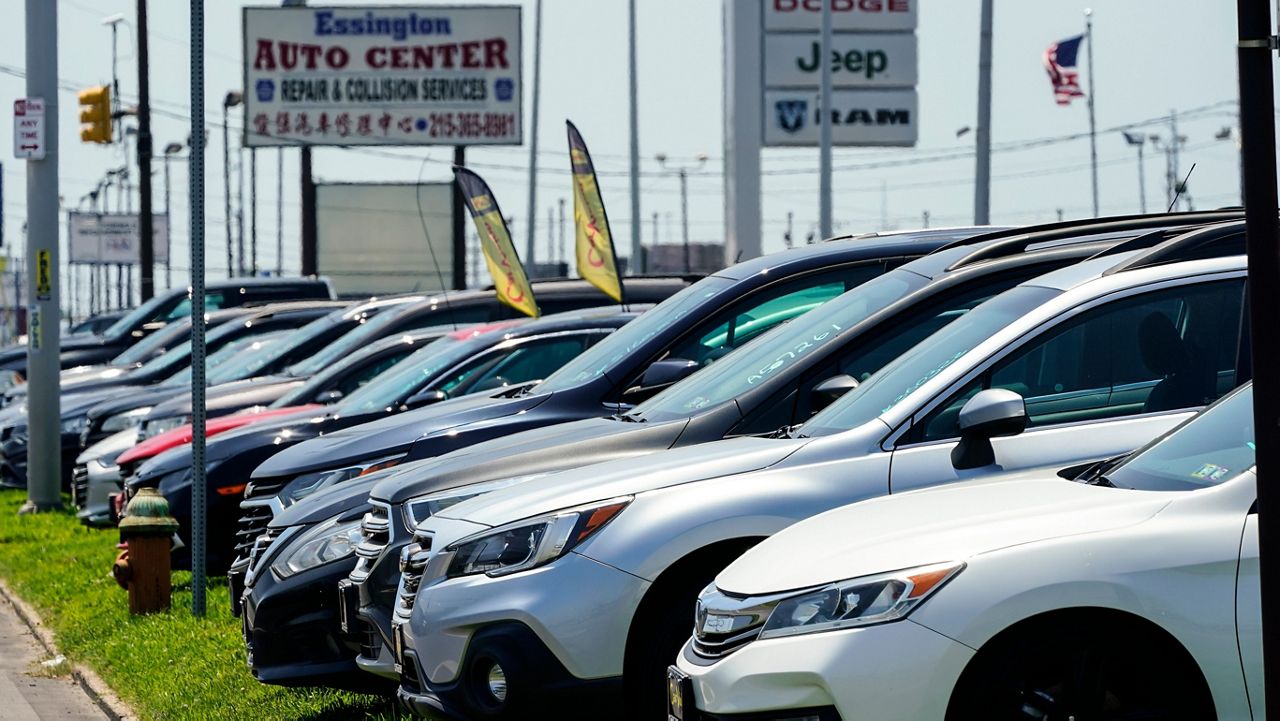As the AM For Every Vehicle Act works its way through Congress, automakers say the proposed federal requirement to maintain AM broadcast radios in new vehicles will be especially costly for electric vehicles.
A new report from the Center for Automotive Research says EVs generate electromagnetic interference that can distort AM signals and make them fuzzy. Fixing the problem, automakers say, could cost $3.8 billion over the next seven years.
“Government forcing AM radio in vehicles [is] not required for public safety, not popular with consumers and now we know: not cheap,” Alliance for Automotive Innovation CEO John Bozzella wrote in a statement Monday, citing the Center’s research.
In its report, CAR researchers said EVs depend on high-voltage electrical components that generate electromagnetic interference on AM radio band signals, causing distortion and static. While it’s possible to mitigate that interference, the researchers said it is most effective when engineered into vehicles’ designs.
Calling it both “challenging” and costly for automakers, they said modern vehicles of all kinds have complex onboard electronics systems controlling everything from brakes and adaptive driver assistance systems to infotainment and safety, all of which can distort AM signals depending on their proximity to the radio receiver.
To overcome the cost implications, several automakers have opted to stop providing AM radios entirely. BMW, Ford, Mazda, Polestar, Rivian, Tesla, Volkswagen and Volvo have already removed AM radios from their new vehicles.
The Alliance for Automotive Innovation, a trade organization that represents major auto makers such as General Motors and Ford, has been lobbying against the AM for Every Vehicle Act since it was introduced earlier this year. The legislation would direct the National Highway Traffic Safety Administration to issue a rule requiring automakers maintain AM radios in their vehicles free of charge and directs the Government Accountability Office to study alternate systems that could relay information during emergencies as effectively as AM radio.
“For decades, free AM broadcast radio has been an essential tool in emergencies, a crucial part of our diverse media ecosystem and an irreplaceable source for news, weather, sports and entertainment for tens of millions of listeners,” Sen. Ed Markey, D-Mass., said when he introduced the legislation earlier this year.
The auto industry contends that AM radio is barely used in vehicles because customers prefer digital AM and FM, internet-based radio and streaming and satellite services.
According to the Consumer Technology Association, 95% of adults who received the latest Federal Emergency Management Agency alert test in October received it on their phone. Only one percent received it via AM radio; of those, few were tuned in to AM radio while driving.



